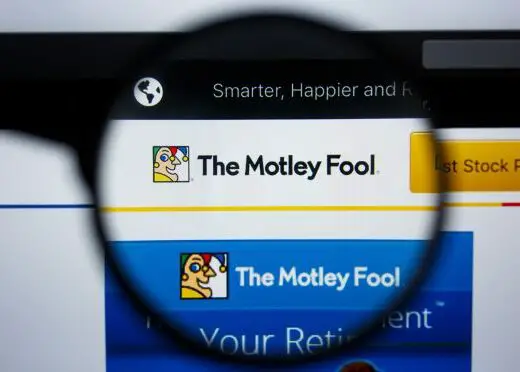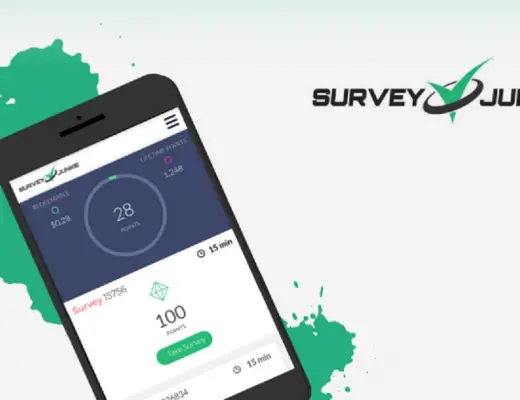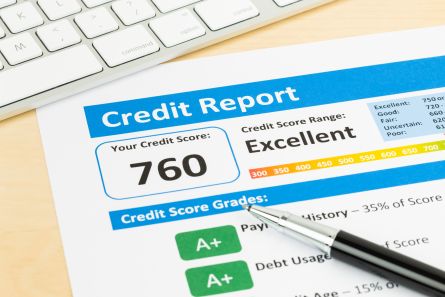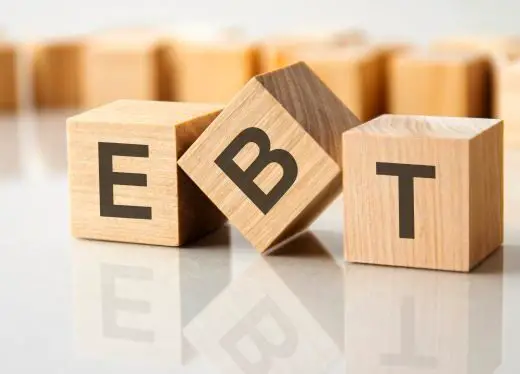
CommonCentsMom.com is advertiser-supported: we may earn compensation from the products and offers mentioned in this article. However, any expressed opinions are our own and aren't influenced by compensation. The contents of the CommonCentsMom.com website, such as text, graphics, images, and other material contained on this site (“Content”) are for informational purposes only. The Content is not intended to be a substitute for professional financial or legal advice. Always seek the advice of your Financial Advisor, CPA and Lawyer with any questions you may have regarding your situation. Never disregard professional advice or delay in seeking it because of something you have read on this website!
The idea of banking with a bank employee is not a new one. It has been around for years, and is considered to be the most popular method of banking. However, there are a number of problems that people may face when using this method of banking.
For example, you may be worried that a bank employee may have access to your accounts. Can they take advantage of this information? Are your funds safe from their tampering? This article will discuss the privacy of your accounts from third parties such as bank tellers.
Who is a Bank Teller?
A bank teller is an employee in a financial institution, such as a bank or credit union, who works with day-to-day financial transactions for their customers. Their job can include making money transfers, issuing money orders, dealing with deposits and withdrawals, and checking transactions. They may also deal with loan payments, cashier checks, etc.
The person you usually deal with at the bank is a bank teller.
What Can Bank Employees Do With Your Accounts?
Tellers at banks can see your bank balance and all transactions on your savings, chequing, investment, credit card and loan accounts. They can also see where you have spent your money, and when you spend it. Tellers can see all your personal details, such as your name, address, email and phone number, as well as your social insurance number. Tellers can view your bank account details and see all the transactions that have taken place between now and today.
Much information can be gleaned from this. They’ll be able to figure out the stores you frequent or how much your mortgage payments cost. Still, they are required to abide by strict regulations and treat others fairly; this includes client confidentiality.
Does the Bank Employee Have to See My Account Balance?
Yes, a bank employee (such as a teller) must be able to see your account balance, especially if you’re making a withdrawal. They ensure enough funds are available in your account to withdraw the amount you request.
There are also additional reasons a bank teller may need to see your bank account balance. For instance, they need to ensure your signature on the withdrawal slip matches the signature you gave when opening the account. This prevents fraud on your account and helps the bank employee determine if your identity has been stolen or not.
Can the Bank Employee See My Credit Score?
No, bank tellers are not able to access your credit score. They don’t need access to this information to perform their jobs.
However, the bank employee can see your account balance, transaction history, address, and other personal data.
Can Bank Employees Steal Your Money?
It is true that bank tellers are able to steal your money if they want. But if they do that, they will be caught easily and the punishments can be grave. It is possible that a bank teller could lose their job. Similarly, banks conduct regular audits to identify fraudulent transactions. Tellers can face jail time and fines if they steal a large sum of money; depending on the amount of money stolen, they may be penalized in different manners.
While a bank teller can remove money from your account, this is a rare occurrence. However, if you do notice any unauthorized transactions in your bank account, call the bank immediately. Let the bank know the date and dollar amount of the transaction(s) of the unauthorized transactions. The bank will then review the issue. It may also ask you to complete an affidavit about the unauthorized transaction(s).
If you yourself work as a teller at a bank and you suspect that your colleague is participating in malicious activities, it is advised that you call the safe line at your bank to report it anonymously.
Who Else Has Access to Your Account Information?
Credit reporting agencies do not have access to any of your bank account information. They only look at your credit rating and your account balances. They can’t even see the amount of money in the account.
However, should one of your banks report to credit reporting agencies, the agencies will be notified if you bounce checks or if you don’t pay the money back as agreed.
Furthermore, if you are involved in a court case, the judge will freeze the funds in your account until they decide whether or not someone owes you money. The IRS may block access to your checking account if you owe money to the government. Authorities can also get a search warrant to see all the information in your account.
Finally, if you have a checking account that you share with someone else, be it a business partner, your spouse, or your kids, they’ll be able to see your personal information.






